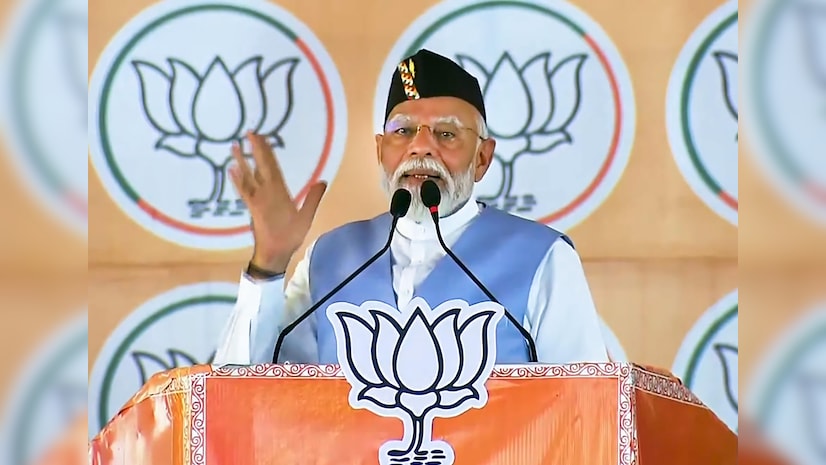As Narendra Modi vies for a third term, concerns about India’s democratic trajectory intensify. Critics argue that Modi’s leadership style embodies a shift towards authoritarianism, indicative of a democratic decline. His tenure has been marked by a centralization of power, curbing of dissent, and erosion of institutional autonomy.

Source:- india today
Under Modi’s rule, there’s been a tightening grip on media freedom, with censorship and intimidation of journalists becoming increasingly prevalent. Civil society organizations and activists have faced harassment and legal reprisals, stifling dissenting voices. Furthermore, the government’s actions in Kashmir, including the revocation of its special status, have raised alarm about human rights violations and democratic principles.
Source:- BBC news
Electoral processes have also faced scrutiny, with accusations of electoral manipulation and the politicization of state institutions. The concentration of power within Modi’s Bharatiya Janata Party (BJP) has led to concerns about the erosion of checks and balances, essential for a vibrant democracy.
While Modi remains popular among many segments of the Indian population, his critics argue that his strongman approach undermines democratic norms and institutions. As he seeks a third term, the debate about India’s democratic decline under his leadership intensifies, highlighting the need for vigilant scrutiny and protection of democratic principles.
Share your views in the comments

